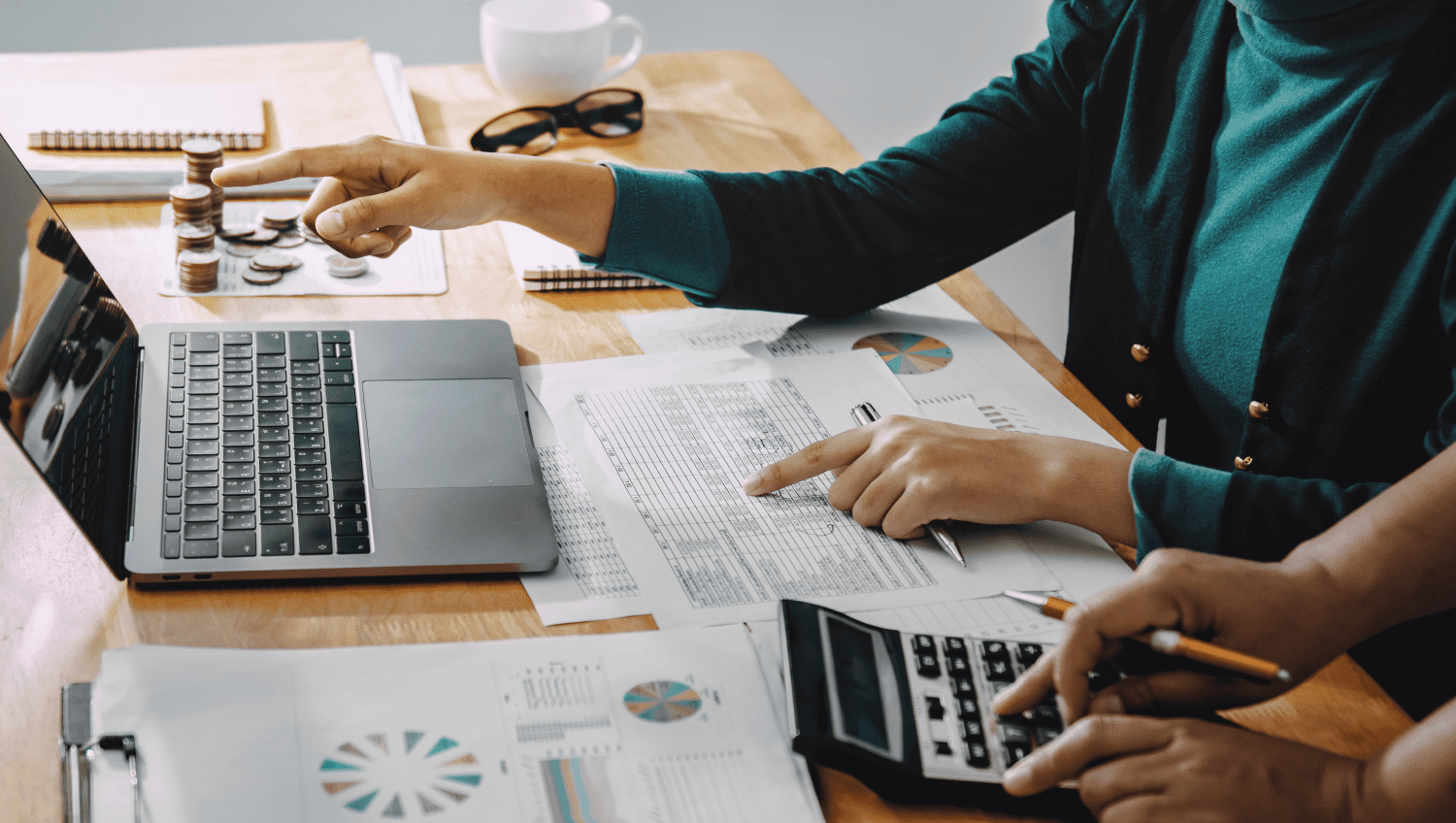Introduction
Being a lone proprietorship owner offers independence as well as accountability. Effective bookkeeping is one of the crucial elements that has the power to make or break your success. An accurate picture of your company's financial situation is provided by proper bookkeeping, which also guarantees that you remain in compliance with tax laws and supports well-informed decision-making. With advice from Xact Accountants experts, we will go over everything you need to know about Sole Trader Bookkeeping in this guide.
Importance of Accurate Bookkeeping
Maintaining accurate records enables you to manage your money. It enables you to:
- Monitor cash flow
- Prepare for tax returns
- Identify profitable and unprofitable areas of your business
- Plan for growth and expansion
Legal Requirements for Sole Traders
As a sole trader, you must keep records of:
- All sales and income
- All business expenses
- VAT records if you are registered for VAT
- PAYE records if you have employees
Setting Up Your Bookkeeping System
To keep accurate financial records, you must first set up an effective bookkeeping system. The following are the fundamental elements of an effective bookkeeping system.
Choosing the Right Software
Investing in good bookkeeping software can save you time and reduce errors. Many sole traders use software like QuickBooks or even specialized services like Xact Accountants, which provide tailored solutions for small businesses. These tools help automate the recording of transactions and generate useful reports.
Keeping Business and Personal Finances Separate
It's imperative to keep your personal and business finances apart. You can accomplish this by opening a bank account specifically for your business. This division makes bookkeeping easier and guarantees that tracking business-related costs is simple.
Keeping Track of Transactions
Every financial transaction must be documented; this is the foundation of bookkeeping. This covers your company's sales, expenses, and any other financial activity.
Revenue and Sales
You should enter every sale you make into your accounting system. This covers payments with cards, bank transfers, and cash sales. Maintaining thorough documentation of your earnings facilitates revenue tracking and guarantees that HMRC receives accurate revenue reports.
Costs
Maintaining an expense log is just as crucial. This covers expenses for travel, utilities, supplies, and other business-related costs. Sort your spending into categories to see where your money is going and to find possible places to cut costs.
Managing Invoices and Receipts
Proper management of invoices and receipts is essential for accurate bookkeeping.
Issuing Invoices
When you provide goods or services, issuing an invoice ensures you get paid promptly. Your invoices should include:
- Your business name and contact information
- A unique invoice number
- The date of the invoice
- A description of the goods or services provided
- The amount charged
- Payment terms
Maintaining Acknowledgments
Save all of the receipts you have for business expenses. These receipts are required for tax purposes and act as documentation of your expenses. Maintaining your records accessible and organized can be achieved by scanning and storing receipts using digital tools or apps.
Rebalancing Your Invoices
In order to make sure your bank statements and bookkeeping records match, you must reconcile your accounts. This procedure guarantees the accuracy of your records and assists in locating any discrepancies.
How to Reconcile Accounts
- Compare each transaction in your bookkeeping records with your bank statement.
- Verify that all transactions are recorded accurately.
- Investigate and resolve any discrepancies.
Regular reconciliation, ideally monthly, helps maintain the accuracy of your financial records and prevents issues during tax season.
Getting Ready for Tax Returns
Tax services is one of the main motivations for keeping accurate bookkeeping records. You have to file an annual Self Assessment tax return if you are a sole proprietor.
Tax Return for Self-Assessment
Your income, expenses, and profits are all detailed in your self-assessment tax return. Maintaining accurate bookkeeping records ensures that you claim all allowable expenses, which lowers your tax liability and makes filing your tax return easier.
Common Allowable Expenses
Common allowable expenses for sole traders include:
- Office supplies
- Travel costs
- Marketing and advertising expenses
- Business insurance
- Professional fees (e.g., accounting services like Xact Accountants)
The Role of Professional Bookkeepers
While many sole traders manage their own bookkeeping, hiring a professional bookkeeper can provide significant benefits.
Advantages of Hiring a Professional
- Expertise: Professional bookkeepers have the expertise to ensure your records are accurate and compliant with tax laws.
- Time-saving: Outsourcing bookkeeping frees up your time to focus on running your business.
- Financial advice: Professionals can offer valuable financial advice and help you make informed business decisions.
In summary
Successful bookkeeping is essential for a sole proprietorship to succeed. You can keep a clear picture of your financial situation by putting up a strong bookkeeping system, accurately recording transactions, organizing invoices and receipts, and reconciling your accounts. Accurate record-keeping is necessary for compliance and well-informed decision-making, regardless of whether you decide to manage bookkeeping yourself or employ a specialist like those at Xact Accountants.

